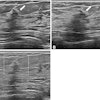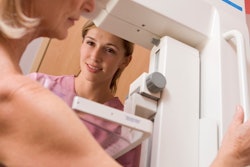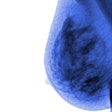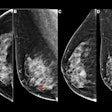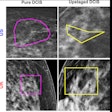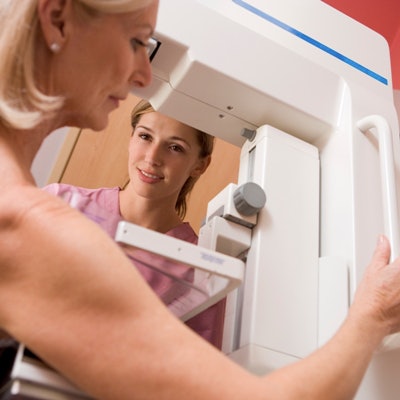
Older breast cancer survivors with a life expectancy of five years or less are continuing to receive annual surveillance mammography, according to a study published online July 27 in the Journal of Clinical Oncology.
The findings are of concern because it's unclear whether this follow-up is helpful or necessary, wrote a team led by Dr. Rachel Freedman of the Dana-Farber Cancer Institute in Boston.
"The benefits of annual surveillance mammography in older breast cancer survivors with limited life expectancy are not known, and there are important risks," the group wrote. "However, little is known about mammography use among these women."
To rectify this, Freedman's team used data from the National Health Interview Study from 2000, 2005, 2008, 2010, 2013, and 2015 to investigate the use of surveillance mammography among women age 65 years or older with a history of breast cancer. The researchers assessed the probability of mammography within the last 12 months by five- and 10-year life expectancy, adjusting for survey year, region, age, marital status, insurance, education, and access to care.
The study included 1,040 respondents, 33.7% of whom were 80 years or older. Of the study cohort, 8.6% had an estimated life expectancy of five years or less, and 35.1% had an estimated life expectancy of between five and 10 years. Most of the women (78.9%) reported having routine mammography in the previous 12 months.
Overall, women underwent mammography less as their life expectancy decreased. But a surprising number of women with an estimated life expectancy of five years or less reported mammography in the last year (56.7%). Of those with estimated 10-year life expectancy or less, 65.9% reported having undergone the exam in the past year.
Conversely, 14.1% women with a life expectancy of more than 10 years did not report mammography in the past year, Freedman and colleagues found.
"Many older breast cancer survivors with an estimated short life expectancy receive annual surveillance mammography despite unknown benefits, whereas 14% with estimated life expectancy [of more than 10 years] did not report mammography," the team wrote.
The study suggests that there's work to be done to determine best mammography screening protocol for older women, according to the group.
"Practice guidelines are needed to optimize and tailor follow-up care for older patients," the researchers concluded.


